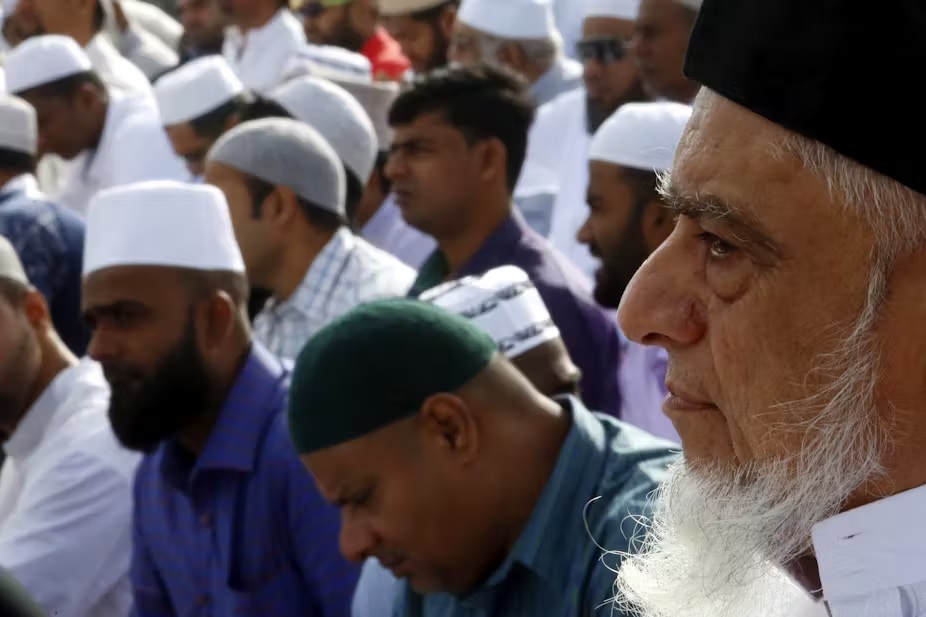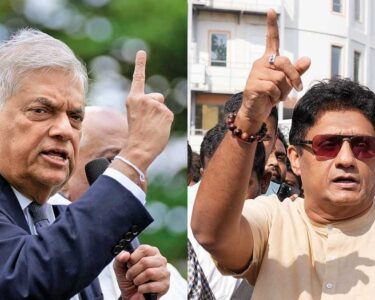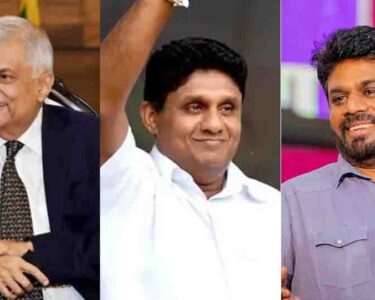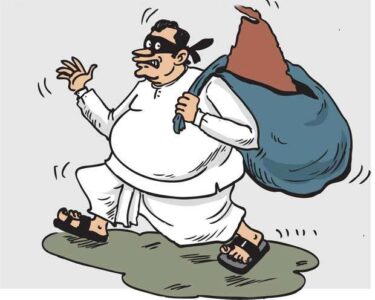Muslims at the Crossroads: Will the Muslim Vote Propel AKD to Victory?

Sri Lanka’s upcoming presidential election is shaping up to be a defining moment, not just for the nation but for its Muslim community as well. Historically known for their late engagement in modern political dynamics, Sri Lankan Muslims are now at a crucial juncture. This shift in political consciousness could significantly impact the outcome of the election, particularly in favor of Anura Kumara Dissanayake (AKD) of the National People’s Power (NPP) coalition.
A Historical Overview
For decades, Sri Lanka’s Muslim community has been characterized by a somewhat passive political stance. The traditional loyalty to the United National Party (UNP) and later the reluctance to embrace other political movements reflected a community more concerned with commerce and religious practices than with active political engagement. This attitude led to the memorable adage, “Eating biriyani and voting UNP,” symbolizing a detached yet dependable political allegiance.
The late 1980s saw a notable shift with the formation of the Sri Lanka Muslim Congress (SLMC) under M.H.M. Ashraff, followed by its split and the rise of the All Ceylon Makkal Congress (ACMC). These developments introduced a more overtly Islamic influence into Muslim politics, which initially seemed to promise more significant community benefits. However, the subsequent years revealed that these political advances primarily benefited the leaders and their close circles rather than the broader community.
The Rise of a New Generation
A new, educated generation of Muslims has emerged over the past three decades, transforming the political landscape. Unlike their predecessors, this generation is well-versed in modern education and global ideas, allowing them to think critically about their political choices. Influenced by the 2022 aragalaya—the mass protests demanding systemic change—this new cohort is increasingly disillusioned with traditional Muslim political leaders and their failures.
The younger Muslim voters are no longer content with the status quo. Their discontent was particularly evident when Muslim leaders failed to stand up against former President Gotabaya Rajapaksa’s controversial order to cremate COVID-19 victims instead of respecting traditional burial practices. The lack of decisive action or protest from Muslim representatives has left a sour taste, fueling a growing sentiment that change is necessary.
The Electoral Choice: AKD vs. The Status Quo
In the current presidential race, the Muslim vote could be a pivotal factor. Among the 38 candidates, only three—Ranil Wickremesinghe, Sajith Premadasa, and Anura Kumara Dissanayake—are seen as serious contenders. Wickremesinghe and Premadasa represent the entrenched political system, with a track record of maintaining the status quo. On the other hand, Dissanayake, through his NPP, embodies the aspirations for radical change and systemic reform inspired by the aragalaya.
The shift towards AKD is significant. With both Wickremesinghe and Premadasa attempting to secure Muslim support through traditional political maneuvers, their efforts may no longer resonate with a community that has grown increasingly skeptical of political promises. The silent aragalaya—a term describing this new wave of discontent among younger Muslims—challenges the old guard and positions AKD as a viable alternative.
The Potential Impact
If the silent aragalaya continues to gain momentum, it could lead to a substantial shift in Muslim voter behaviour, potentially tipping the scales in AKD’s favor. The dissatisfaction with traditional Muslim leaders and their perceived ineffectiveness could translate into a decisive support for a candidate who promises real change and a break from past failures.
As the election approaches, the Muslim community stands at a crossroads. The choice between supporting the old guard or embracing a new vision with AKD could reshape Sri Lankan politics. For many Muslims, this election represents more than just a choice of candidate; it’s an opportunity to redefine their political engagement and demand accountability from their leaders. If the trend continues, AKD could very well find himself propelled to victory by a community ready for transformation.







